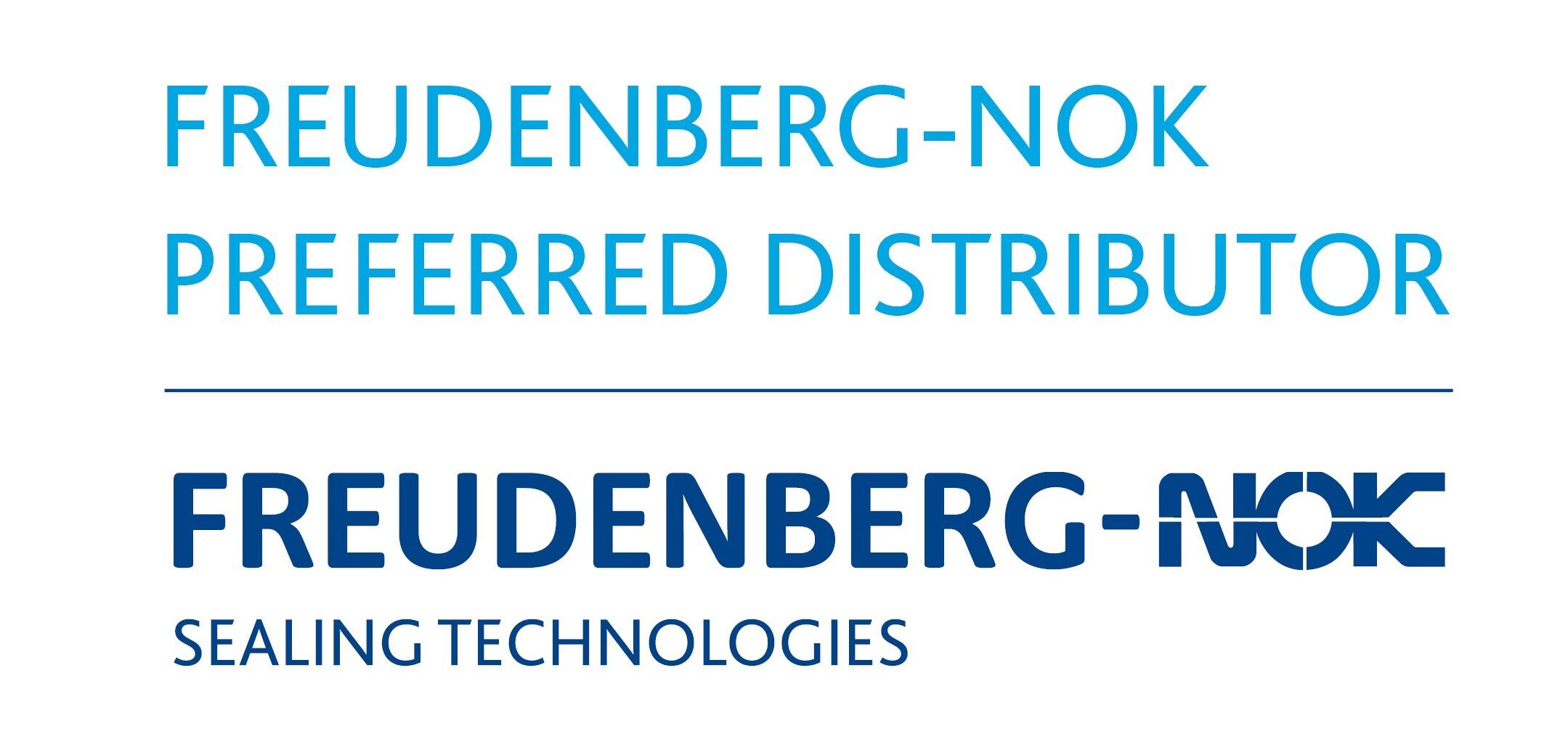Gaskets serve a critical role in various industries and applications where creating a reliable seal is essential. They are used to prevent leakage, contain pressure, and maintain a barrier against foreign substances. Some common key applications include:
Sealing Joints
Gaskets are employed to seal the gaps between two or more mating surfaces. This is vital in applications where the containment of fluids, gases, or even solids is required.
Compensating for Surface Irregularities
In real-world applications, it's rare for two surfaces to be perfectly flat and smooth. Gaskets help bridge these irregularities, ensuring a snug fit and a reliable seal.
Temperature and Chemical Resistance
Different gasket materials offer varying levels of resistance to temperature extremes and chemical exposure. Applications might require gaskets to ensure compatibility with specific operating conditions.
Pressure Containment
In high-pressure environments, gaskets play a crucial role in preventing leaks and maintaining system integrity. They provide a physical barrier that can withstand the forces exerted by internal pressure.
Vibration Dampening
Gaskets can absorb and dampen vibrations, reducing wear and tear on machinery and equipment. This is particularly important in industrial settings where machinery operates continuously.
Electromagnetic Interference (EMI) Shielding
Specialized gaskets with conductive properties are used to shield electronic components from electromagnetic interference. This is crucial in sensitive electronic applications.


.webp)
.webp)
.png)
.png)


